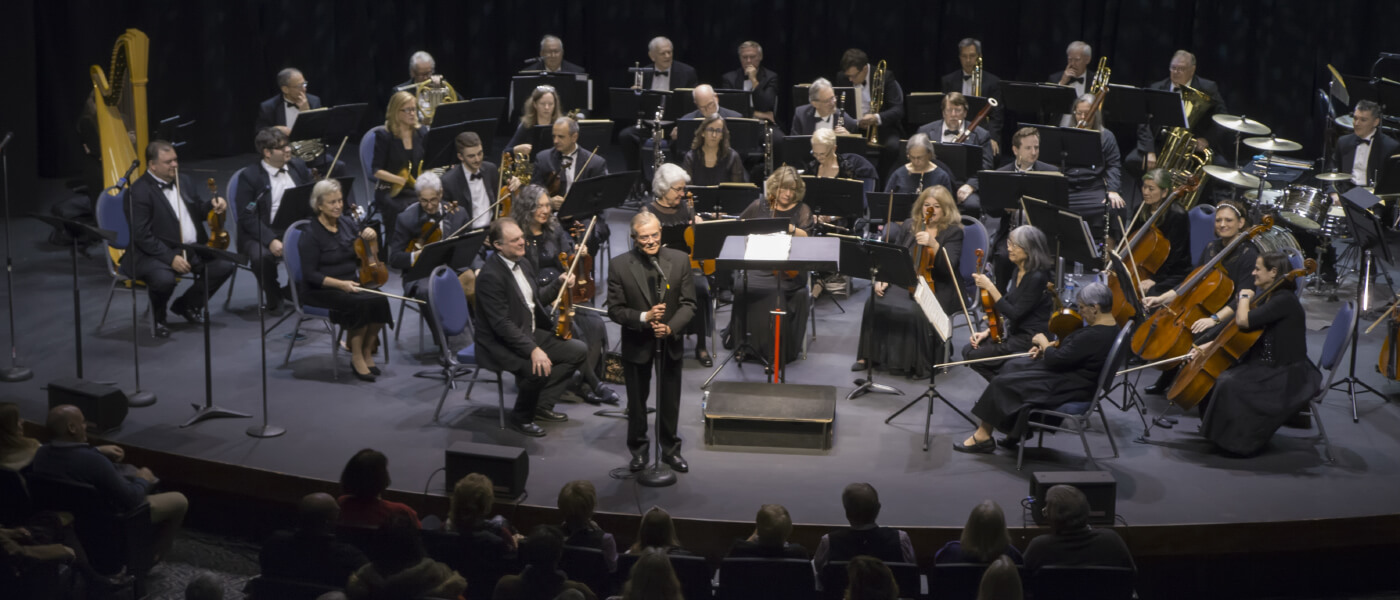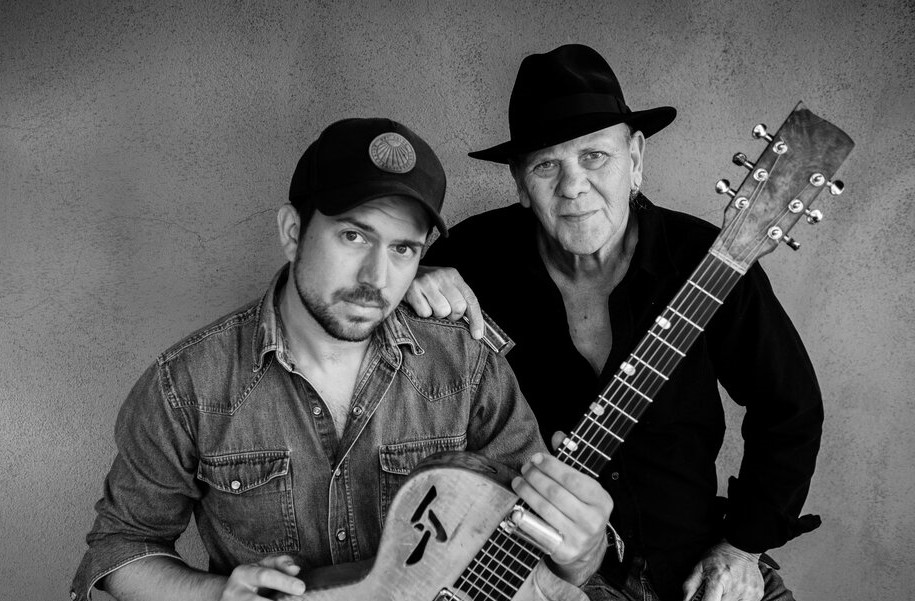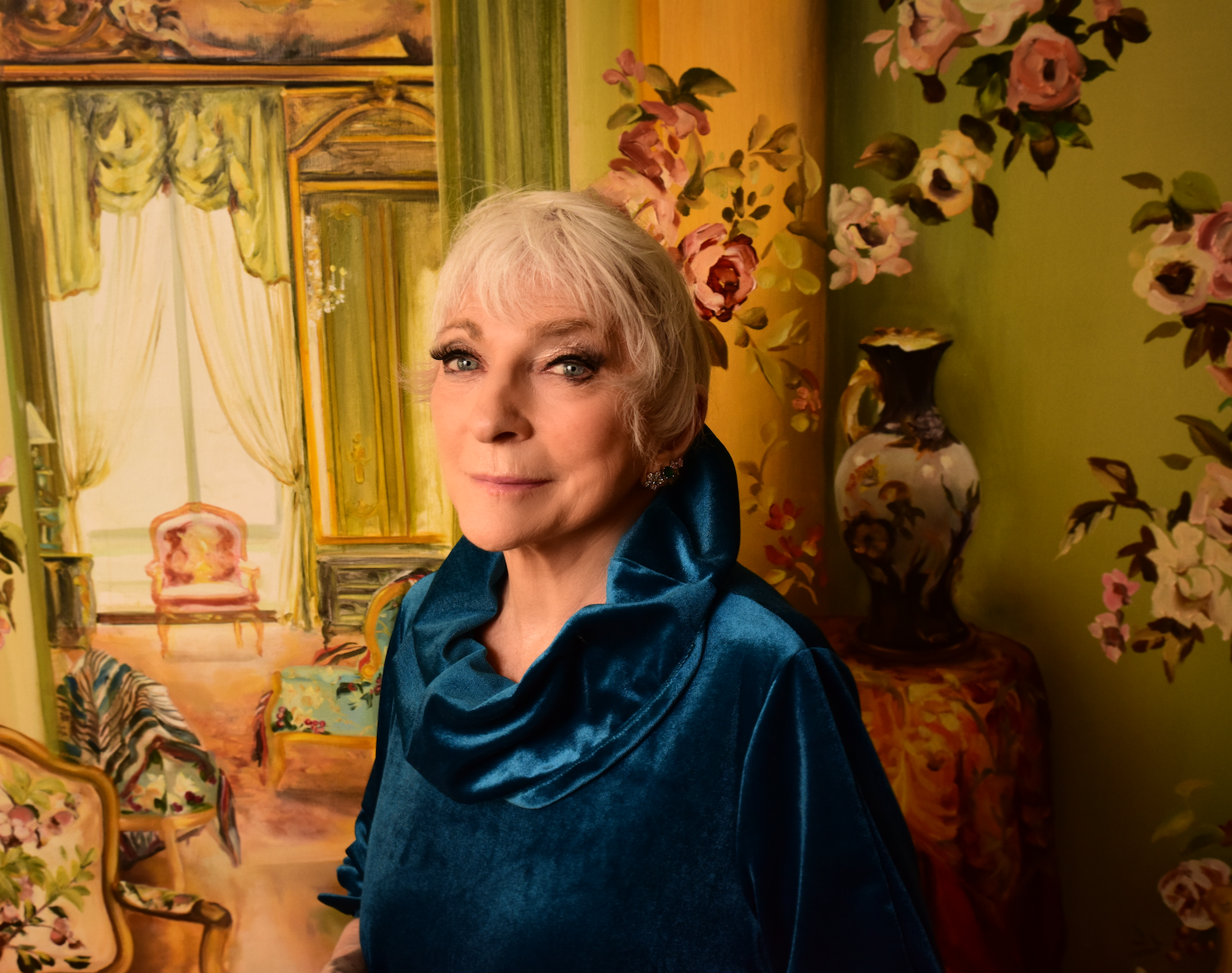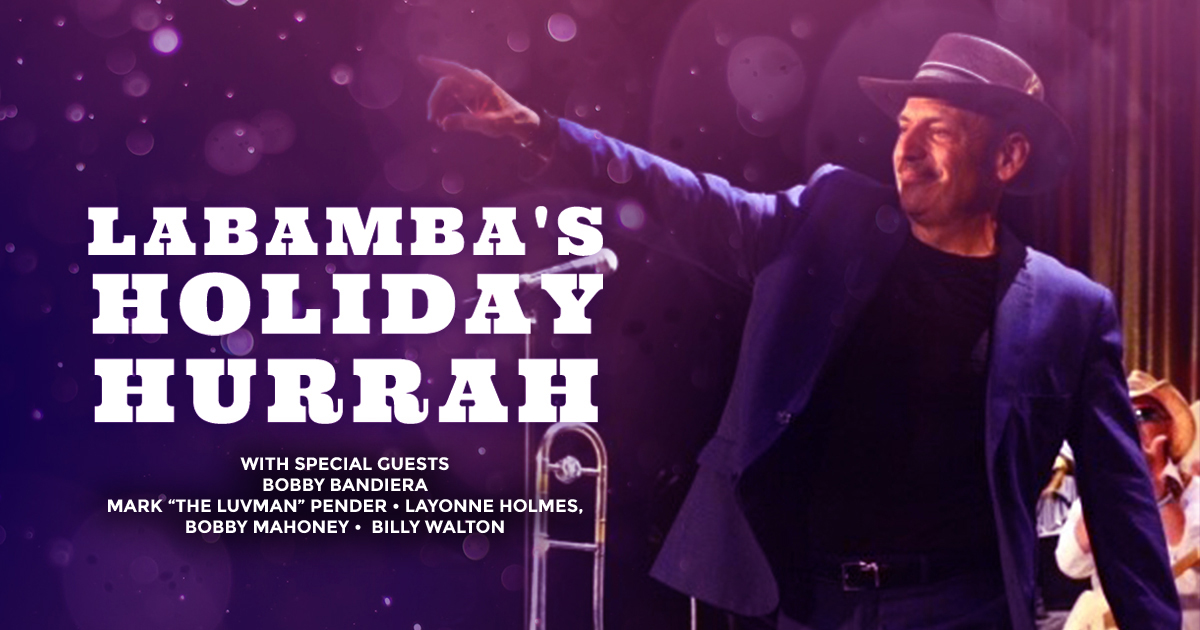?>
New Brunswick Jazz Project Celebrates Women In Jazz
By Brent Johnson, JerseyArts.com
originally published: 03/07/2018

Sometimes, Najwa Parkins feels she’s not taken seriously when she’s on stage.
“I have people, usually men, say, ‘You sound great. But I wish you would move your hips or something. Do a little something,’” the Philadelphia-based jazz singer-songwriter explains.
Other people, Parkins says, act surprised when they learn she composes some of the music she plays with the men who man the bass and guitar in her trio.
“I get, ‘Oh, did you write the lyrics and the guys wrote the music for you?’” she says.
So Parkins has some advice.
“If you’re not gonna ask the guys in the band the same thing,” she says, “think about that before you say something to the woman in the band. Because she’s more than just a face.”
Parkins and more than a dozen others are set to prove that point repeatedly this month as they perform in the Women in Jazz series organized by the New Brunswick Jazz Project.
The nonprofit — which puts on free jazz concerts all year in the arts-rich Middlesex County city — has filled its March lineup with women musicians and bandleaders in honor of Women’s History Month in the U.S. The goal is to highlight how jazz is no longer a male-dominated field.
“Women in jazz have suffered long and been underrepresented quite a bit,” says Virginia DeBerry, one of the three founders of the Jazz Project. “There were always girl singers. But in terms for women who played the drums or women who played the bass or a horn, I think that jazz was maybe considered this thing that was on the fringes in the early days and ladies didn’t do it.”
Mariel Bildsten, a New York City-based trombone player who will also perform this month, shares a similar view.
“Historically, if someone was interested in being a lady, being in a jazz club late at night around a bunch of other men smoking and drinking was not exactly the situation you’d put yourself in,” Bildsten says. “Of course, there are many musicians through history who have said ‘screw that’ and done their own thing.”
The series is the latest high-profile event put on by the Jazz Project, which has been bringing jazz to New Brunswick and other venues in the area since 2010. The organization — which DeBerry founded with friends Michael Tublin and Jimmy Lenihan — puts on shows four nights a week throughout the year.
Like every show the project promotes, there’s no cover charge to get into any of the performances in the women series.
“One of our beliefs is that the reason jazz is troubled is that it has become prohibitively expensive,” DeBerry explains. “It’s become a thing you have to save out for a night in New York for or people decide they’re going to go on a cruise or a festival once a year. Jazz was actually intended to be the people’s music. You were supposed to be able to hear it in any city in America.”
“We believe jazz, in order to survive, needs to be available and accessible,” she adds.
Here’s a closer look at some of the artists set to perform this month, including Bildsten, Parkins and veteran Broadway actress Luba Mason:
MARIEL BILDSTEN
Bildsten took piano lessons as a child growing up in Santa Barbara, California — but she hated it. What she really wanted was to join her friends in the elementary school band.
“I had no idea what I wanted to play,” Bildsten remembers. “And I was kind of a tomboy. I said, ‘Can you give me the most masculine instrument you have? And I don’t really know what I want to play, so is there something that would be helpful for you if I had?’ She said, ‘We don’t have any trombone players, so why don’t you give that a shot?’”
Bildsten rented one and was hooked.
“It’s just such a ridiculous instrument,” she says. “It’s kind of a circus-y thing. I kind of fell in love with it.”
Bildsten’s trio will open up the Women in Jazz series Tuesday, Mach 6, at 8 p.m. at the George Street Ale House. She and bassist Mike Noordzy and drummer MIke Winnicki perform mostly jazz standards.
It’s the latest of multiple times the Jazz Project has booked Bildsten after DeBerry caught her playing in a big band at Dizzy’s in New York City a few years ago.
“We’re glad to have her back again,” DeBerry says.
Bildsten, who now lives in New York, admits it’s unusual to find female trombone players. But she no longer see it as a masculine instrument.
“At the time, my 10-year-old self was like, ‘This thing is really big. It takes a lot of air,’” Bildsten recalls with a laugh. “There’s just something about it that felt different to me than playing flute or clarinet. Now I really don’t think that these things should matter in terms of masculinity.”
When she’s not playing, Bildsten is also a teacher at Upbeat NYC, a nonprofit in the Bronx. She has about a dozen trombone students playing classical music.
Plus, she gives private one-on-one lessons and teaches small jazz groups at Calhoun High School, a private school on Upper West Side.
Bildsten understands if her students don’t immediately catch on to the hulking horn.
“I think it’s quite a difficult instrument in the beginning,” she explains. “Because you just don’t sound good for a long time. Piano and guitar, you can make a good sound pretty quickly. With trombone, that’s just not the case. What I find with students, it’s really easy for them to get discouraged quickly.”
“It just takes time,” Bildsten adds. “I think it’s a fun instrument because it does sort of have that ridiculous element of having this huge slide. And it’s fun to play.”
LUBA MASON
Trios are pretty common in jazz. But Mason is pretty sure her new trio, Triangle, is unique — as in, first of its kind.
It consists only of voice, vibes and bass.
“That’s it,” the longtime stage actress and singer says. “As far as I know, it hasn’t been done in the jazz world.”
The lineup, fleshed out by Luques Curtis on bass and Filipe Fournier on vibraphone, will play the Women in Jazz Series on Thursday, March 8, at 8 p.m. at the Hyatt Regency. Fittingly, it’s International Women’s Day.
But, Mason says, she’s quite fond of the men she shares the stage with.
“These guys are stellar,” she explains. “We all have to be because we’re so exposed. We’re almost naked up there. We had to all stand on our own. We can’t be hiding behind any rhythm section.”
“It’s a real pure, pure sound,” Mason adds. “You could hear a pin drop.”
Triangle was actually sparked by the death of Prince.
Renato Neto, one of Mason’s collaborations and co-writers on her Brazilian jazz album, “Krazy Love,” was a keyboardist for the Purple One. And Mason called him up after the legend’s death last year.
She asked how he was doing in the wake of the news. He asked her what she was up to. Mason had just put out an album called “Mixtura,” which featured a six-piece band.
“I told him that the band is really great and we’re gigging, but I can’t afford this six-piece band and it’s really hard to keep up,” Mason remembers. “And he said, ‘Well, why don’t you pare down to a trio?’”
She thought for a second.
“I said, ‘Everybody does piano-bass-drums. I want to something different,’” Mason recalls. “I said, ‘I’ve got a vibraphonist — this ass-kicking vibraphonist — in my band. I really want to keep him.’ He said, ‘Why don’t you do vibraphone, bass, and voice?’ Then there was silence on the phone, and I went, ‘Really?’ I was trying to imagine it. I was liked listening to it in my head — how that would work. I said, ‘No drums, huh?’ And he said, ‘Give it a shot.’ So I did.”
DeBerry calls Mason a “consummate professional musician.”
“She has played everywhere — all the major venues,” the Jazz Project co-founder says. “We feel lucky to get a musician of her caliber as part of our lineup.”
On Broadway, Mason has appeared in “The Will Rogers Follies,” “Jekyll & Hyde” and “Sunset Boulevard.” She met her husband, renowned Latin music singer Ruben Blades, while they both acted in “The Capeman,” which was written by Paul Simon.
Triangle also plays some theater music in its act. But the trio concentrates on the American Songbook and jazz standards.
Oh, and “Toxicity” by hard rockers System of a Down.
“We play songs that people are familiar with so when they hear this lineup and this format, they have something to compare it to rather than original music,” Mason says.
Next, the group will make a studio recording of their music sometime this year.
“We really want to get the nuances in there,” Mason says.
NAJWA PARKINS
Half a decade ago, DeBerry says someone came up to her with a suggestion: “My niece is a great jazz singer, and you should book her.”
“People tell us that all the time,” the Jazz Project co-founder remembers. “But she is the first one where we listened to her CD and said, ‘We have to book her now.’”
That singer was Parkins, who has been playing shows put on by the Jazz Project since 2012 and will return with her trio on Wednesday, March 21, at 8 p.m. at INC Restaurant.
“She’s got a great voice and an unusual sound,” DeBerry says. “She doesn’t sound like anyone else. She’s really extraordinary.”
Parkins — whose first name is pronounced “Nahj-wah” — grew up in the Poconos in Pennsylvania but later studied music at Temple University in Philadelphia, where she now lives. The trio also includes Dan Hanrahan on guitar and Justin Sekelewski on bass — also former Temple students.
“We have a great rapport,” Parkins says.
In addition to singing, Parkins writes all of their original compositions and oversees the arrangements.
“I’m definitely always taking in my surroundings and writing things down when something happens to me,” she says. “I’ll write lyrics and I like to find music that brings the lyrics to life.”
What Parkins loves most about jazz is the “freedom to take something that has been done over and over and make it my own.”
“I can do it in a very standard way if I want to,” she explains. “But there’s so much to do with it from an arranging standpoint and a compositional standpoint and a storytelling standpoint that I can take these lyrics that someone else wrote and pour my own experience into them and share it a different way.”
Parkins admits that jazz may not be as popular as it was a half-century ago.
“But I think people have preconceived notions about what jazz is that aren’t necessarily true,” she says. “There are so many styles of jazz that people connect with different versions.”
For more information on the New Brunswick Jazz Project’s 8th Annual March Women in Jazz series, visit https://nbjp.org.
About the author: Brent Johnson is a pop-culture-obsessed writer from East Brunswick, N.J. He's currently a reporter for The Star-Ledger of Newark. Before that, he was a longtime entertainment and music columnist for The Trenton Times. His work has also been published by Rolling Stone, Sports Illustrated On Campus and Night & Day Magazine. His favorite musical artists: Elvis Costello, Billy Joel, The Smiths, Roxy Music, Dave Matthews Band, The Beatles, Blur, Squeeze, The Kinks. When he's not writing, Brent is the lead singer in alt-rock band The Clydes
Content provided by
Discover Jersey Arts, a project of the ArtPride New Jersey Foundation and New Jersey State Council on the Arts.
FEATURED EVENTS
To narrow results by date range, categories,
or region of New Jersey
click here for our advanced search.
To narrow results by date range, categories,
or region of New Jersey
click here for our advanced search.
EVENT PREVIEWS
The Light We Give: A Holiday Readings & Carols Concert by the New Jersey Youth Chorus
December 5, 2025
Lizzie Rose Music Room presents David Jacobs-Strain and Bob Beach on Friday
December 5, 2025
Blue Hawk Records to Release 26th Compilation
December 5, 2025
Remembering Frank Sinatra: A Swellegant Celebration to Take Place in Avon
December 6, 2025
Friends of Symphony Hall presents "An Evening of Smooth Jazz" with Gerald Albright
December 6, 2025
Human Nature presents "CHRISTMAS. MOTOWN. And MORE" at Golden Nugget Atlantic City
December 6, 2025
Shea Center for Performing Arts presents An Evening with Judy Collins
December 6, 2025
Split Level Concerts presents Tim Easton and Quincy Mumford at Jersey Shore Arts Center
December 6, 2025
A Swingin' Sleigh Ride: Squirrel Nut Zippers to Hit the Road for the Holidays
December 6, 2025
The Vogel presents LaBamba's Holiday Hurrah
December 6, 2025


















